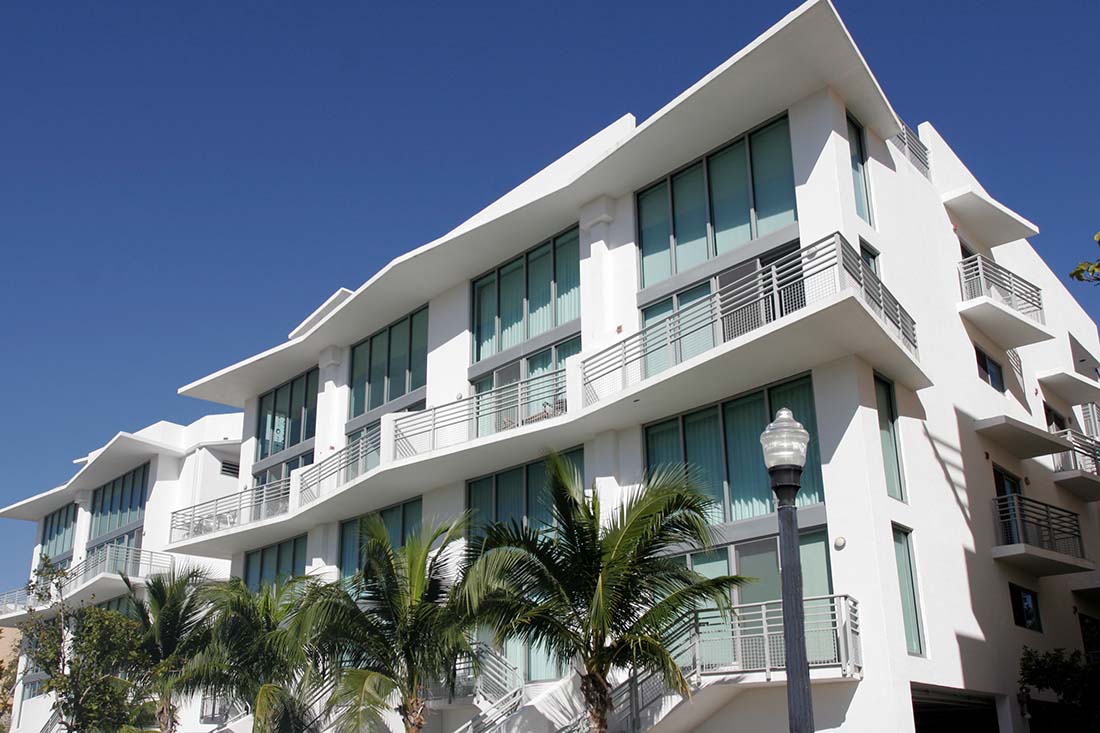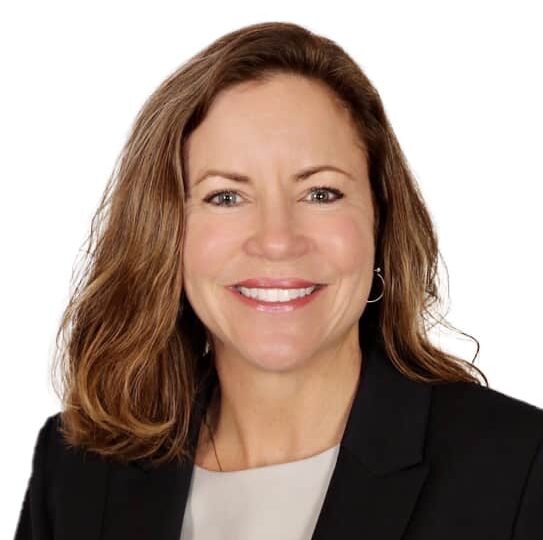The Champlain Towers South disaster in Surfside, Florida, in June 2021, was just that. A disaster. In one of the worst building collapses in U.S. history, 98 residents lost their lives in the middle of the night in a building they thought of as their secure home.
The facets of this story are deep and tangled, creating myriad complexities and viewpoints.
What Caused the Collapse?
The cause of the collapse is still being analyzed and investigated to determine exactly why a portion of a 12-story, 136-unit building could be reduced to rubble in seconds. The destabilization of a building like the one in Surfside may be due partly to the saltwater environment itself; concrete, rebar, and salt are a corrosive combination. But it is generally believed the overwhelming responsibility for the collapse may stem from years of neglect and deferred maintenance as well as potentially poor initial design and construction.
Future Prevention?
In 2023, two years later, Florida condominium owners and associations are still awash with the aftermath. Legislation passed in May 2022 sought to prevent another collapse through formal regulation that mandates standards of inspections, preventative maintenance and repair, and how to fund paying for it all.
Florida Senate Bill 4-D has two Parts. Part One is the “Milestone Inspection” architects or structural engineers perform on condos at least three stories high at either 25 or 30 years past initial certificate of occupancy for the structural integrity of the building (25 or 30 years is dependent on the proximity to a coastline). The legislation applies to all condos of this height, whether coastal or interior. The initial inspection must be completed by Dec. 31, 2024, and repeated every 10 years.
Part Two, titled “Structural Integrity Reserve Study” (SIRS), seeks to project the cost of future maintenance and repairs to all systems of the building to allow for proper funding from residents. With this legislation, associations’ reserve accounts are no longer able to be underfunded or waived.
Too Big of a Problem to Repair?
So, what happens if an association has not imposed assessments for future maintenance needs but then discovers structural problems as well?
Here’s a potential scenario: An older association’s HVAC is nearing the end of its useful life, but it’s still functioning satisfactorily. Beginning in 2025, the association is now required to fund the entire estimated HVAC replacement anyway. And, if the Milestone Inspection also finds the older condo building has severe structural integrity issues, that cost will also need to be funded. Immediately.
These two large expenses could feasibly push the new assessments required by owners into five figures—and it was all unexpected until the new legislation passed.
Mike York of the engineering firm Socotec says, “Associations who have been proactive over the years will be OK. It’s the associations that have not been proactive that may now be screaming about the new laws, and they may be in trouble.”
So, what might a condo owner do? The real estate community is advising that if owners believe the worst is in store for their building but their condo inspection has not yet occurred, it may be time to sell and get out before the December 2024 deadline when a glut of properties may hit the market.
If the the Milestone Inspection and SIRS have been completed and problems were found, the real estate community is strongly advising sellers of the adage, “Disclose, Disclose, Disclose.” Disclosure of the special assessments looming will hurt the sales price, but it is preferable to being sued later for not mentioning it.
Investment Potential?
Investors may look for investment opportunities in condo buildings where a great number of units are for sale. A multitude of properties for sale within one association may indicate condo owners believe their condo is headed toward higher assessments because of soon to-be uncovered issues, and they may sell at a discount to get out.
Or, if the inspections have already been performed and building issues exist, sellers may be looking to cut their losses and exit. In this case, investment opportunities may exist. In both situations, investors must take great care in understanding their future assessment charges.
Real estate attorney David Reider of Berlin Patten Ebling Attorneys at Law says investors should perform in-depth due diligence when buying Florida condos falling under the new law. He says, “Be sure to look at condo minutes and read the mandatory inspection report. Also ask for financials and proof of reserve funding.” Sometimes the inspection report may be available online with large associations; if it’s not, the buyer’s agent may attain the report when under contract.
It may also be possible that old condo buildings in prime locations may have associations that believe the costs are too great to bear. In these instances, the association may elect to disband through the legal process. This disbanding might be a prime opportunity for investors seeking to buy out the individual owners and demolish the building, because the land may ultimately be worth more than the compromised structure.
Owners who may have paid $50,000 for their condo 20 years ago may now collect on equity that has grown substantially. Although the property with major issues is not worth as much as it may have been before the legislation passed and the inspection completed, sellers may still cash in on their equity and use it to move to a secure home with fewer unanswered questions.
It is estimated that around 28,000 condo associations in Florida may be affected by this legislation. This story is still evolving, and it is expected the legislature will further tweak how the inspections are performed and the timeline for repairs. The Florida legislature’s regular session this year is from April 10 to June 8.
No one wants a Champlain Towers repeat, and savvy investors know that when the rules change, the change creates opportunity. Replacing buildings that are no longer sound with structures that are built to today’s codes and standards may usher in safer homes and investments across Florida.
Like the floors in a multistory condo building, there are layers to this story and the resulting legislation—with viewpoints that may be hopeful, sad, pessimistic, or forward thinking. Regardless, the new law is meant to protect people in their high-story homes from disaster that can occur when maintenance is not performed. How one feels about the future of condos in Florida primarily depends on their interests.
Susan Reilly is a commercial real estate investment specialist with Berkshire Hathaway Florida Properties Group. She specializes in multifamily properties across central Florida, from Tampa to Orlando. Email comments or questions to sreilly@bhhsflpg.com.
























0 Comments